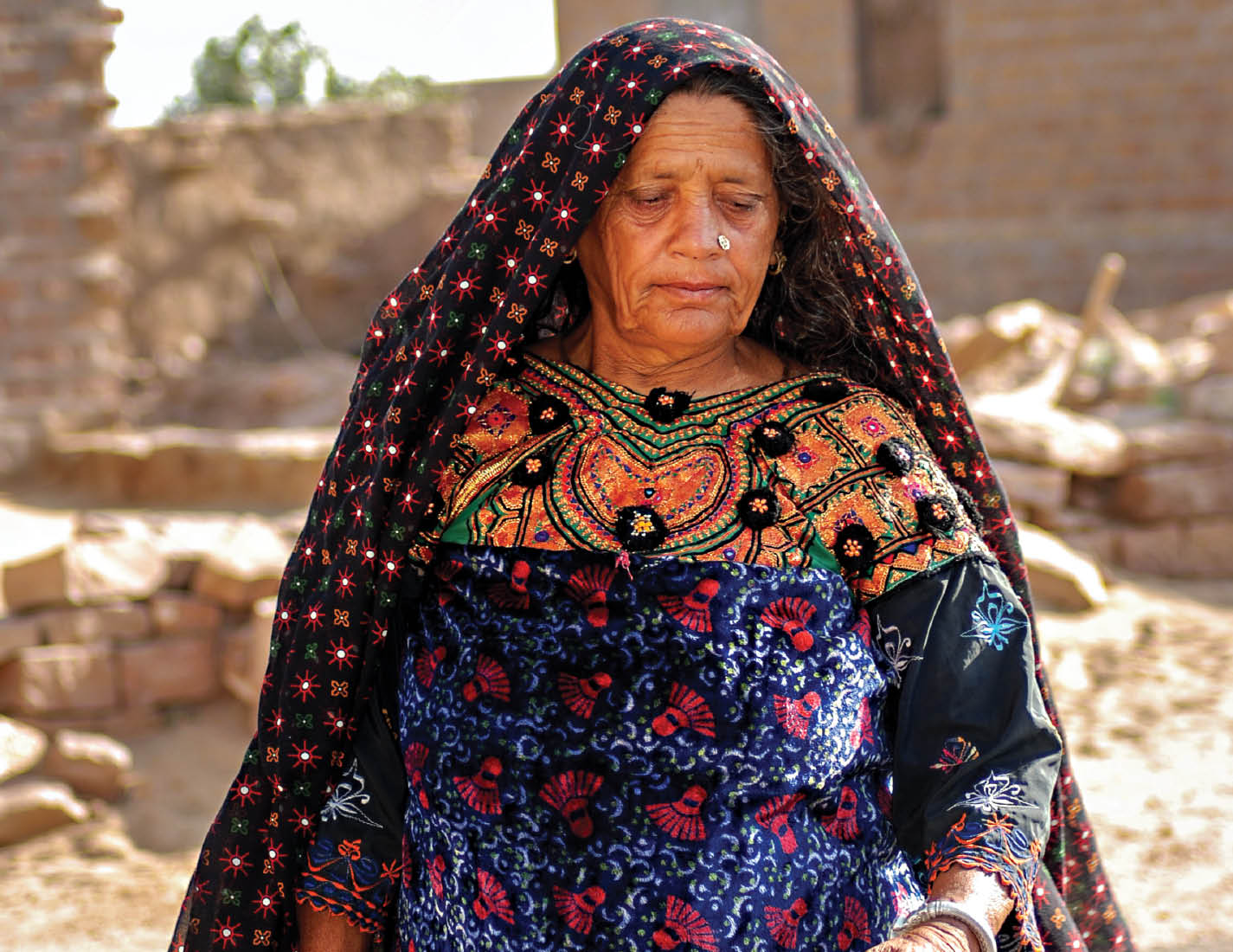Panchayati Raj in Rajasthan: Emerging Trends
Published: Nov 30, 2014
Published: Nov 30, 2014

Photo: Prasad
Social reforms introduced in Rajasthan include instances where, if a reserved chairperson’s seat falls vacant then an elected member of that house from the same reserved category will take charge.
Keep reading with one of these options :
